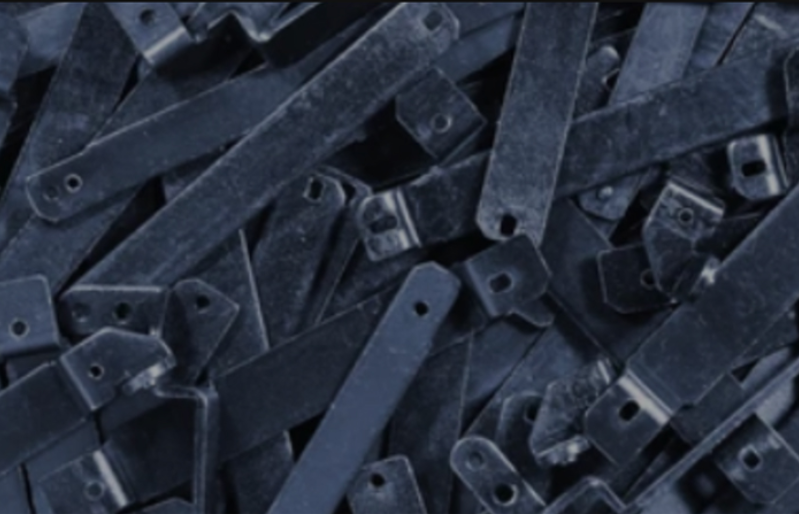Hot chamber die casting is a highly efficient and cost-effective manufacturing process used to produce precision metal components. It involves injecting molten metal into a die cavity under high pressure to create complex shapes with excellent dimensional accuracy and surface finish. This article will explore the benefits and applications of hot chamber die casting, as well as the key considerations for successful implementation.
One of the main advantages of hot chamber die casting is its ability to produce intricate and detailed parts with tight tolerances. The process enables the production of complex geometries that would be difficult or impossible to achieve using other manufacturing methods. This makes hot chamber die casting an ideal solution for industries such as automotive, aerospace, and electronics, where precision components are essential.
Another benefit of hot chamber die casting is its high production efficiency. The process allows for the rapid production of large quantities of parts with consistent quality. This is due to the use of a reusable mold, known as a die, which can be used to produce multiple parts. Additionally, the fast cooling rate of the molten metal in the die ensures shorter cycle times, resulting in increased productivity and reduced production costs.
Hot chamber die casting also offers excellent material properties. The high pressure used in the process ensures a dense and uniform structure of the casted parts, leading to improved mechanical strength and durability. Furthermore, the molten metal is often alloyed with other materials to enhance specific properties, such as corrosion resistance or heat conductivity. This makes hot chamber die casting a versatile process for a wide range of applications.
To successfully implement hot chamber die casting, several key considerations must be taken into account. Firstly, the selection of the right alloy is crucial. Different alloys have varying melting points, flow characteristics, and mechanical properties, which can affect the castability and performance of the final parts. Close collaboration between design engineers and material experts is necessary to ensure the optimal alloy choice for each application.
Secondly, the design of the die needs to be carefully engineered. The die must be able to withstand the high pressures and temperatures involved in the casting process without deforming or cracking. Additionally, proper venting and cooling channels should be incorporated to facilitate the ejection of the parts and maintain dimensional accuracy. Advanced simulation tools can be used to optimize the die design and predict potential defects or issues before production.

Quality control is also of utmost importance in hot chamber die casting. Regular inspections and measurements should be conducted during the production process to ensure that the parts meet the required specifications. Non-destructive testing methods, such as X-ray or ultrasonic inspection, can be employed to detect internal defects that may not be visible to the naked eye. This ensures that only parts of the highest quality are delivered to customers.
In conclusion, hot chamber die casting is a highly efficient and reliable manufacturing process for precision metal components. Its ability to produce complex shapes with tight tolerances, high production efficiency, and excellent material properties make it an attractive choice for various industries. However, careful attention must be paid to alloy selection, die design, and quality control to achieve optimal results. With proper implementation, hot chamber die casting can offer a cost-effective solution for the production of high-quality metal parts.
-

- steypustýri með mikilli nákvæmni fyrir bíla
-

- Magnesíum álfelgur steyptur bílahluti miðstýringarhlíf
-

- Thixomolding parts & components cell phone middle board processed
-

- CNC vélaðir hlutar og íhlutir
-

- Magnesium Aluminum Alloy Children Bike 3-8 Years Old Cheap Hot Sale 14 Inch Children Bicycle FOREVER Wholesale 2022
-

- Hlíf fyrir fartölvuhús C

 0086-750-5616188
0086-750-5616188 +86 13392089688
+86 13392089688 sales@zhongmei-tech.com
sales@zhongmei-tech.com






